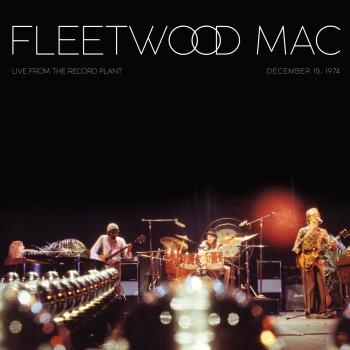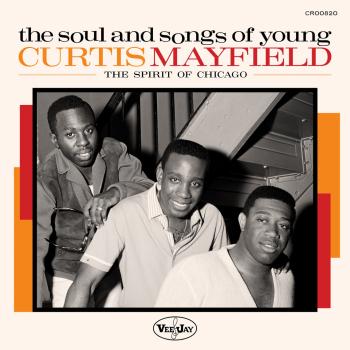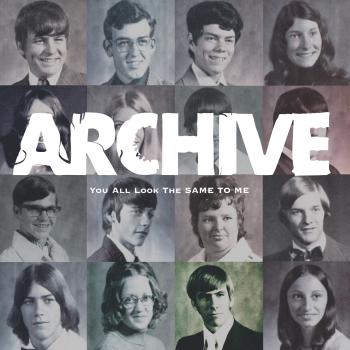![Cover Dvořák: Stabat Mater, Op. 58, B. 71 (1876) [Live]](https://storage.highresaudio.com/web/imgcache/4736b56632161c350fdc92fa0f57444c/vgw74d-dvorakstab-master_500x500.jpg)
Dvořák: Stabat Mater, Op. 58, B. 71 (1876) [Live] Chor des Bayerischen Rundfunks & Howard Arman
Album info
Album-Release:
2019
HRA-Release:
04.10.2019
Label: BR-Klassik
Genre: Classical
Subgenre: Vocal
Artist: Chor des Bayerischen Rundfunks & Howard Arman
Composer: Antonín Dvořák (1841-1904)
Album including Album cover Booklet (PDF)
- Antonín Dvořák (1841 - 1904): Stabat Mater, Op. 58, B. 71 (1876):
- 1 Stabat Mater, Op. 58, B. 71 (1876): I. Stabat mater dolorosa [Live] 17:39
- 2 Stabat Mater, Op. 58, B. 71 (1876): II. Quis est homo, qui non fleret [Live] 09:53
- 3 Stabat Mater, Op. 58, B. 71 (1876): III. Eja, Mater, fons amoris [Live] 06:06
- 4 Stabat Mater, Op. 58, B. 71 (1876): IV. Fac, ut ardeat cor meum [Live] 07:33
- 5 Stabat Mater, Op. 58, B. 71 (1876): V. Fac, ut portem Christi mortem [Live] 05:14
- 6 Stabat Mater, Op. 58, B. 71 (1876): VI. Inflammatus et accensus [Live] 05:57
- 7 Stabat Mater, Op. 58, B. 71 (1876): VII. Quando corpus morietur [Live] 06:32
Info for Dvořák: Stabat Mater, Op. 58, B. 71 (1876) [Live]
The “Stabat mater” by the Bohemian composer Antonin Dvořák, well-known in its later orchestralversion, was initially composed with piano accompaniment. This rarely-heard original version has now been recorded for this new album from BR-KLASSIK, featuring the excellent Bavarian Radio Chorus under the direction of Howard Arman, and accompanied by Julius Drake on the piano. The young Dvořák was a well-studied and experienced church musician. Having graduated from the organ school in Prague, he spent three pious years as an organist in the city’s St. Adalbert’s Church. The search for a “truly sacred music” preoccupied him from the very start. The contemporary Caecilian Movement for church music reform led him, like many of his colleagues, to re-examine the Palestrina style, which represented a return to the more modest, less ostentatious and yet at the same time contrapuntally ingenious church music of a previous epoch. He duly composed a ”Stabat mater” without orchestral splendour and with a simple piano accompaniment. Shortly before Dvořák wrote down this first version of his ”Stabat mater” between February 19 and May 7, 1876, a heavy blow had struck the young family. On December 19, 1875, his daughter Josefa died two days after she was born. (It was only in August 1877 that the composer returned to the”Stabat Mater” again, orchestrated the work, and completed it on November 13. The premiere of that later version took place on December 23, 1880 in Prague). – Dvořák did not set all the verses of the hymn to music, and chose an ensemble of four soloists, a choir and a piano. This original version from the spring of 1876, with its seven-movement structure, is not a fragment, draft or piano reduction but an independent and self-contained work in its own right. In the autumn of 1877, when he composed the missing four verses and scored his ”Stabat mater” for a large orchestra, he effectively created a new and different work.
Julia Kleiter, soprano
Gerhild Romberger, alt
Dmitry Korchak, tenor
Tareq Nazmi, bass
Julius Drake, piano
Chor des Bayerischen Rundfunks
Howard Arman, conductor
No biography found.
Booklet for Dvořák: Stabat Mater, Op. 58, B. 71 (1876) [Live]









![Cover Dvořák: Stabat Mater, Op. 58, B. 71 (1876) [Live]](https://storage.highresaudio.com/web/imgcache/4736b56632161c350fdc92fa0f57444c/vgw74d-dvorakstab-master_350x350.jpg)

